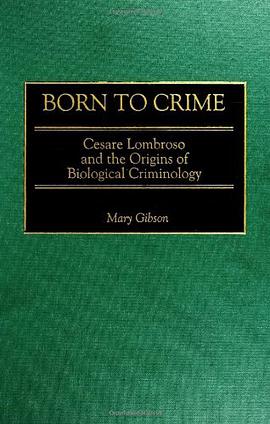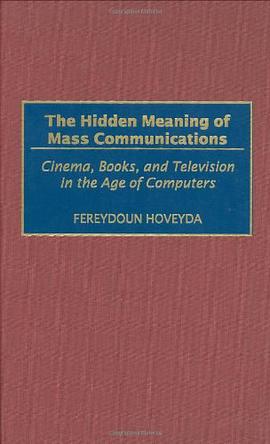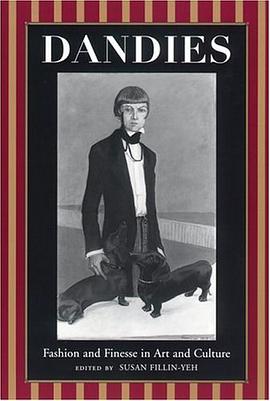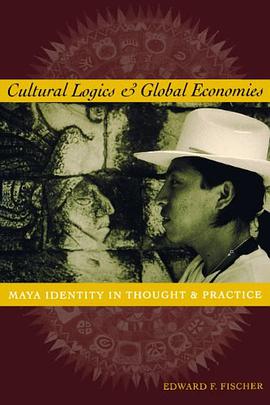
具体描述
A provocative exploration of the influential ideas of the father of modern criminology. Despite the popular perception that genetic explanations of the causes of crime are new, biological determinism dates back to the birth of criminology, and the ideas of the man widely regarded as its founder, Cesare Lombroso. His 1876 work, Criminal Man, drew on Darwin to propose that most lawbreakers were throwbacks to a more primitive level of human evolution--identifiable by their physical traits, such as small heads, flat noses, large ears, and the like. These "born criminals" could not escape their biological destiny. The "scientific" appeal of these theories of criminal anthropology had a powerful and long-lasting impact on criminological theory and practice in contemporary Italy, Europe, and the Western world as a whole, and even today the stereotypes they created resonate in popular culture. But while these ideas had a wide influence, their origins were very much in a specific time and place--the political, economic, and social history of modern Italy. Gibson shows that understanding the development of Lombroso's thinking is much more complicated than merely pinning his ideas onto the left-right political spectrum; he influenced socialists and fascists, lawyers and doctors, policemen and social workers alike. In the end, she argues for a more subtle interpretation of his theories, emphasizing that Lombroso himself acknowledged the multifaceted nature of criminal behavior.
作者简介
目录信息
读后感
评分
评分
评分
评分
用户评价
相关图书
本站所有内容均为互联网搜索引擎提供的公开搜索信息,本站不存储任何数据与内容,任何内容与数据均与本站无关,如有需要请联系相关搜索引擎包括但不限于百度,google,bing,sogou 等
© 2026 qciss.net All Rights Reserved. 小哈图书下载中心 版权所有





















